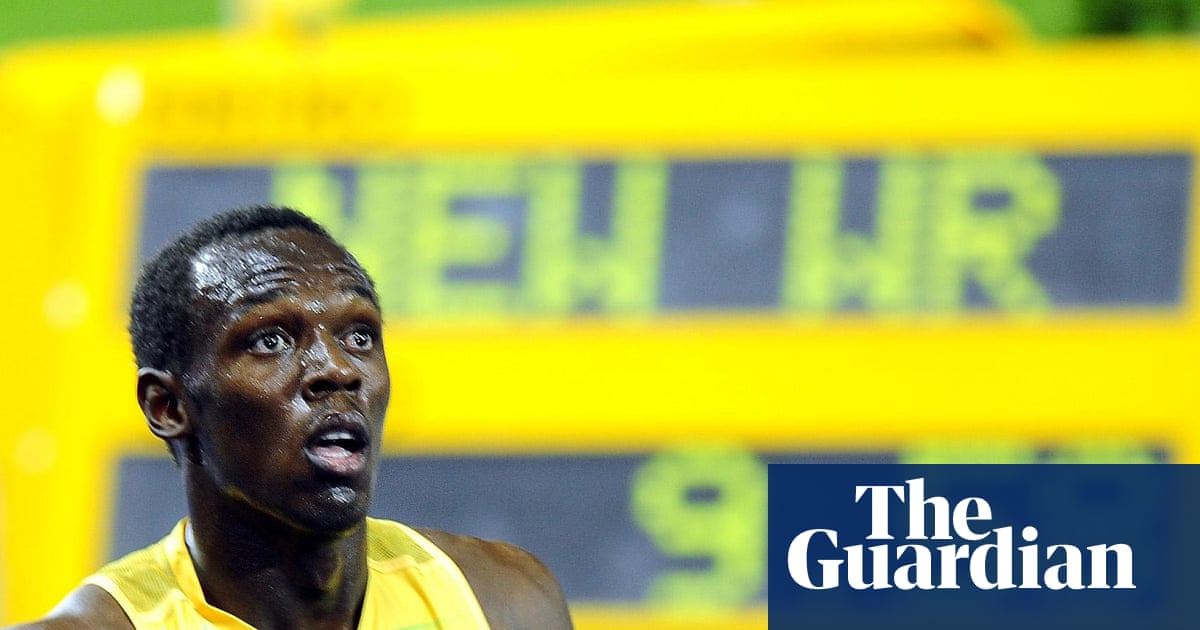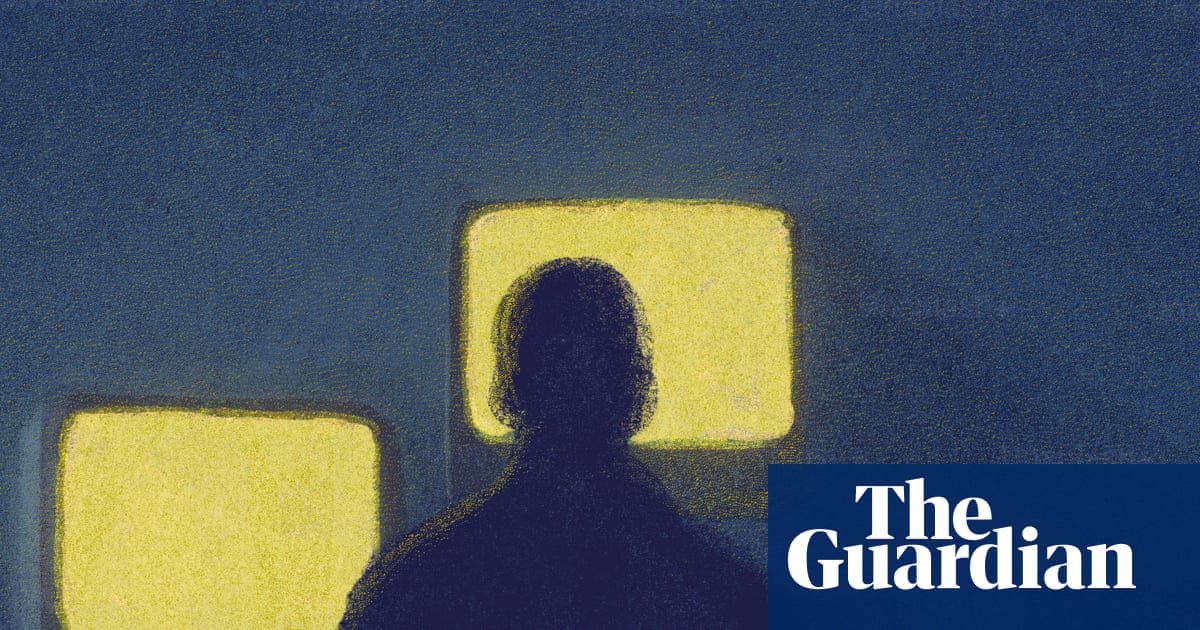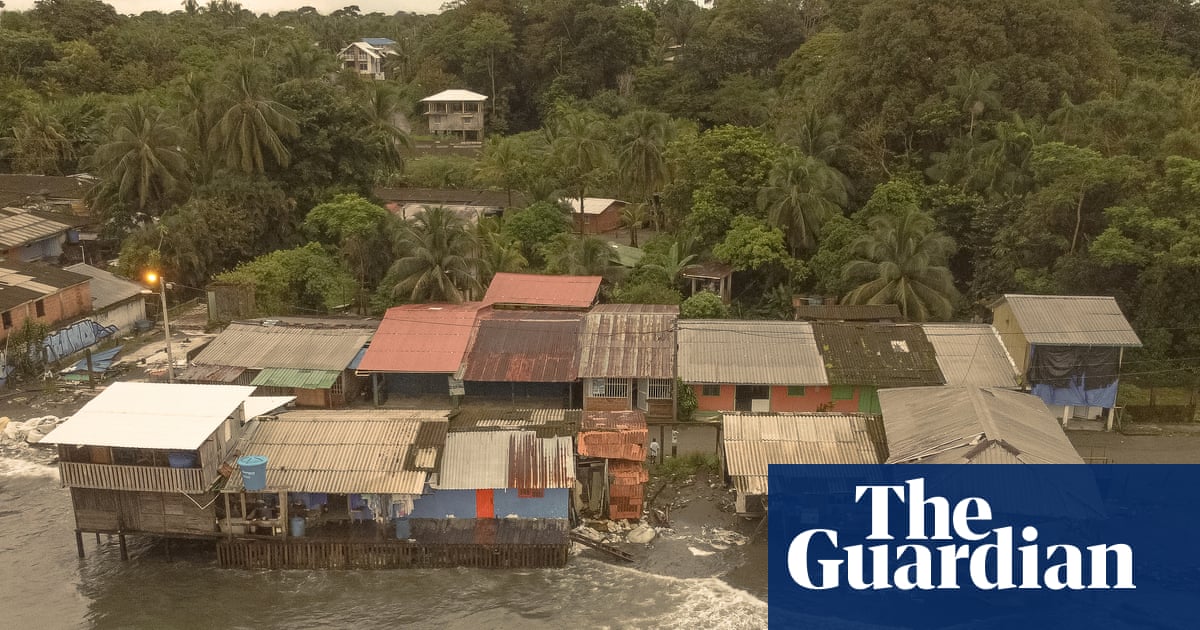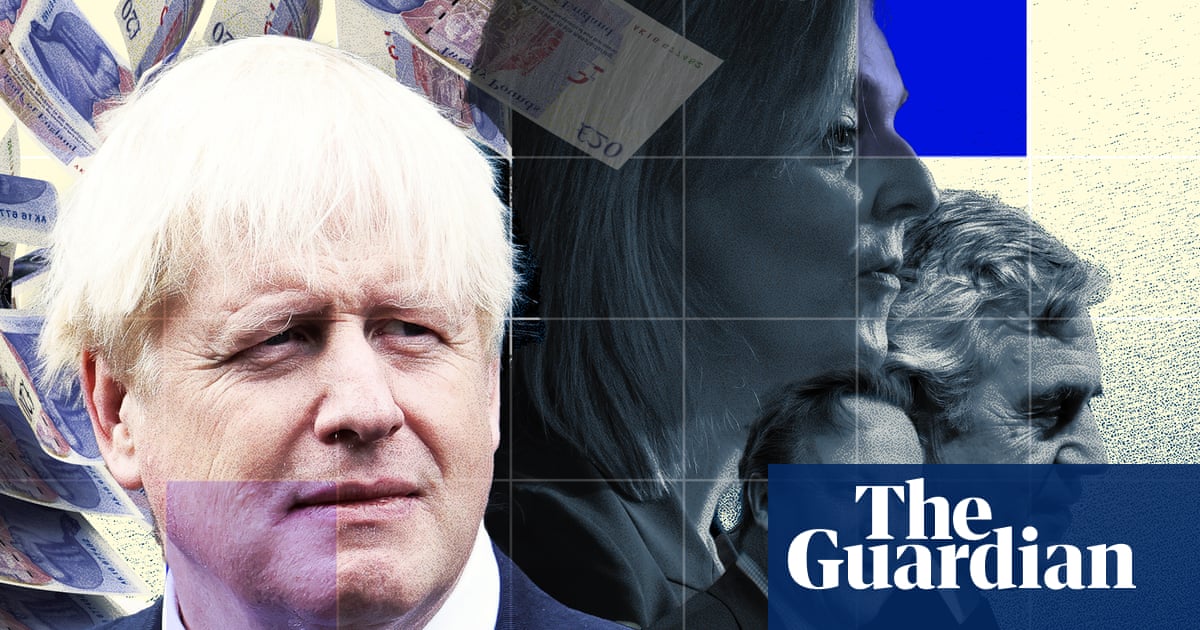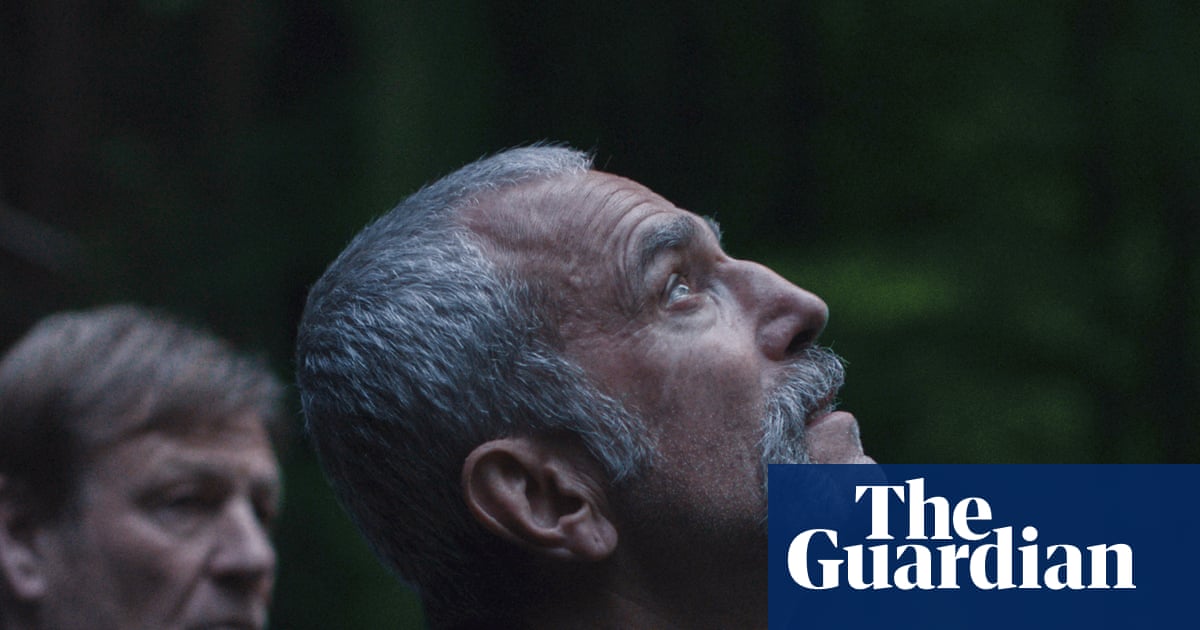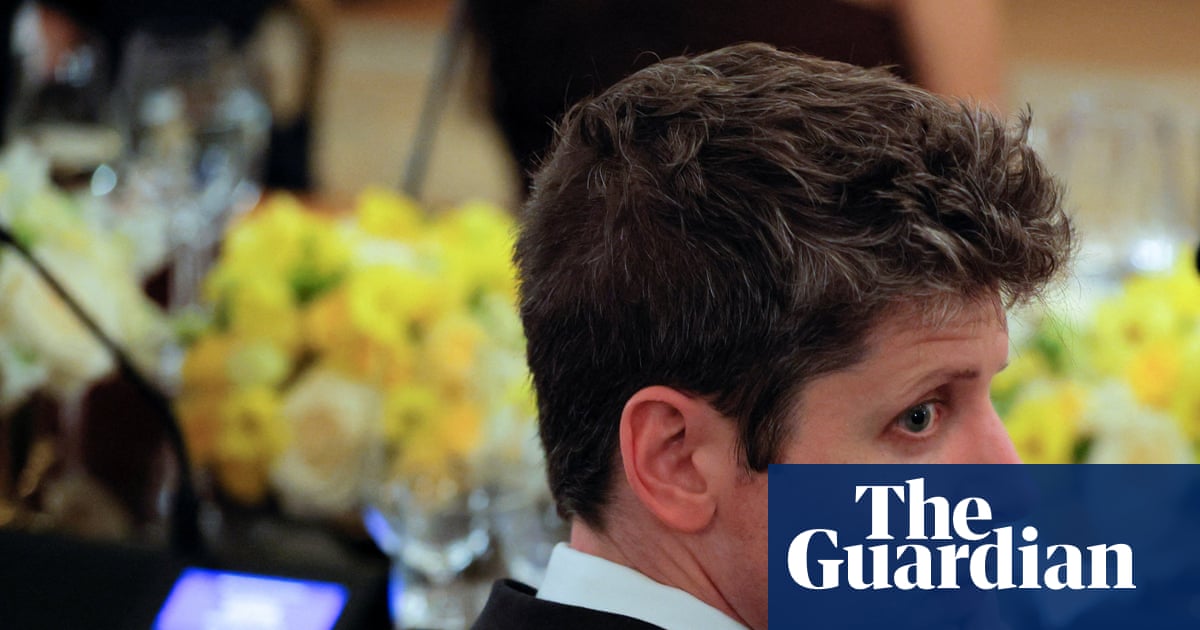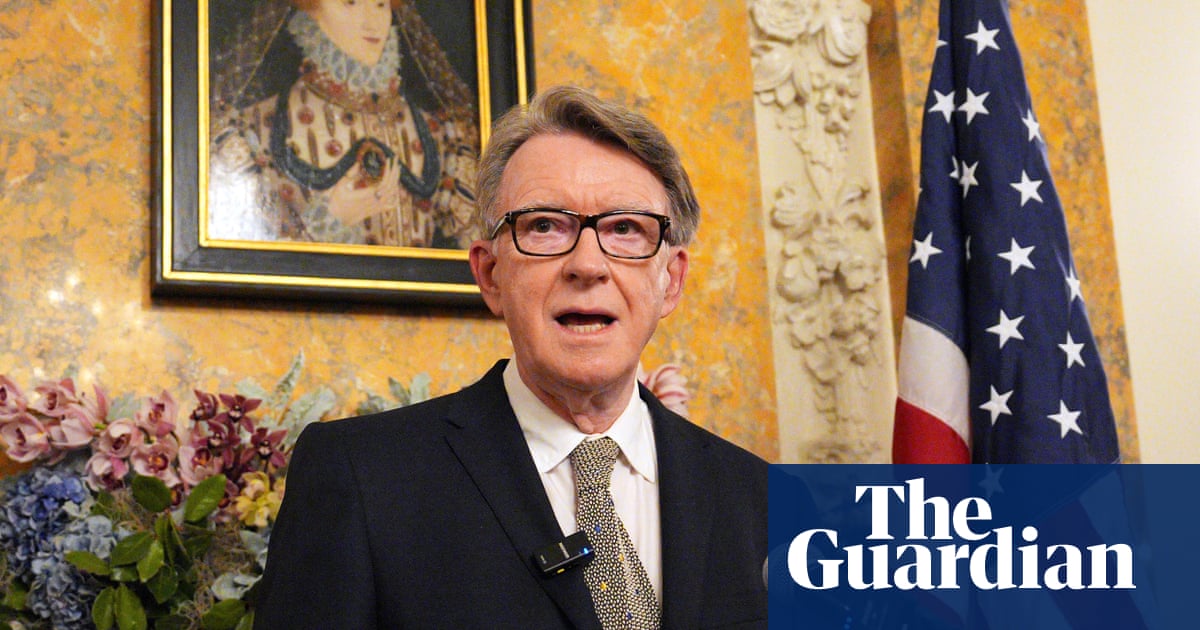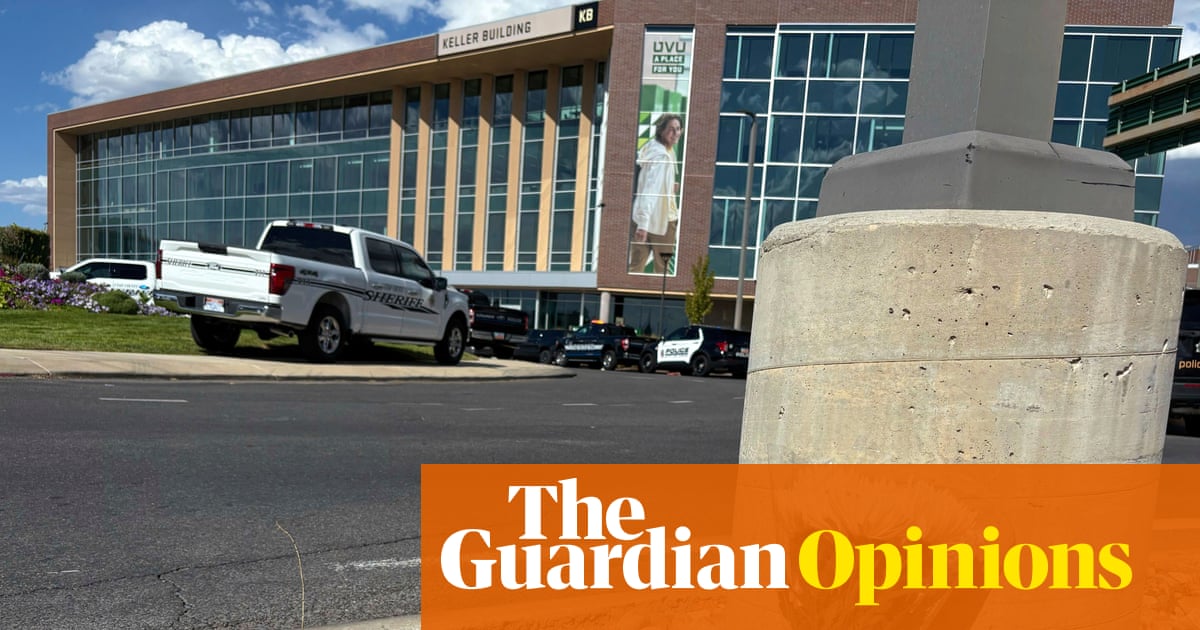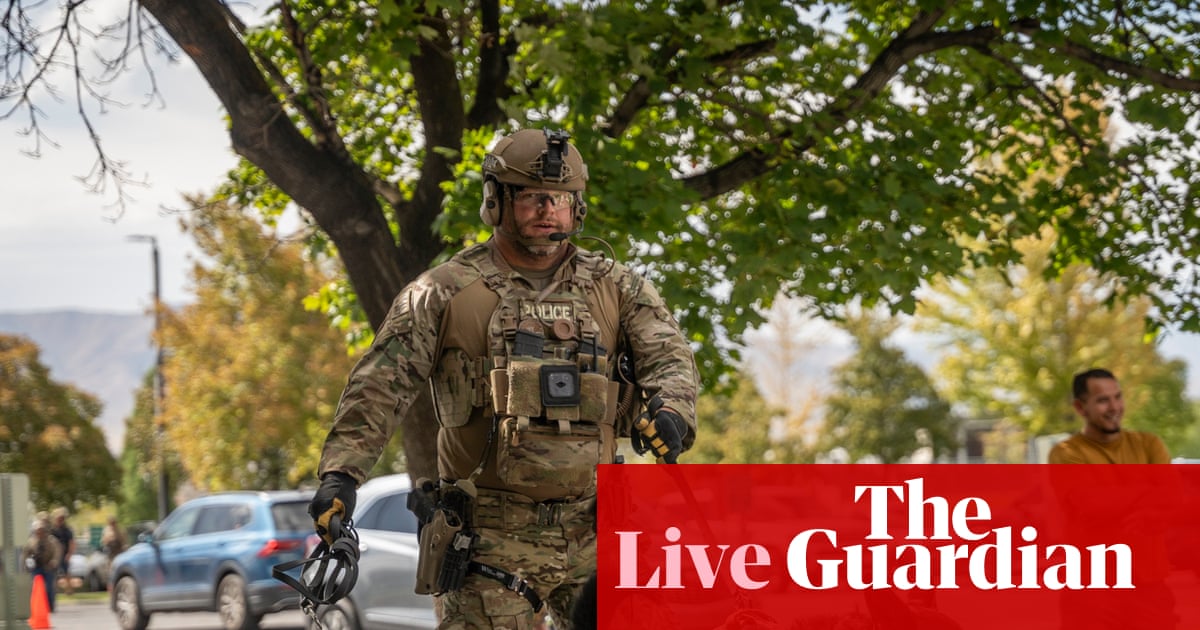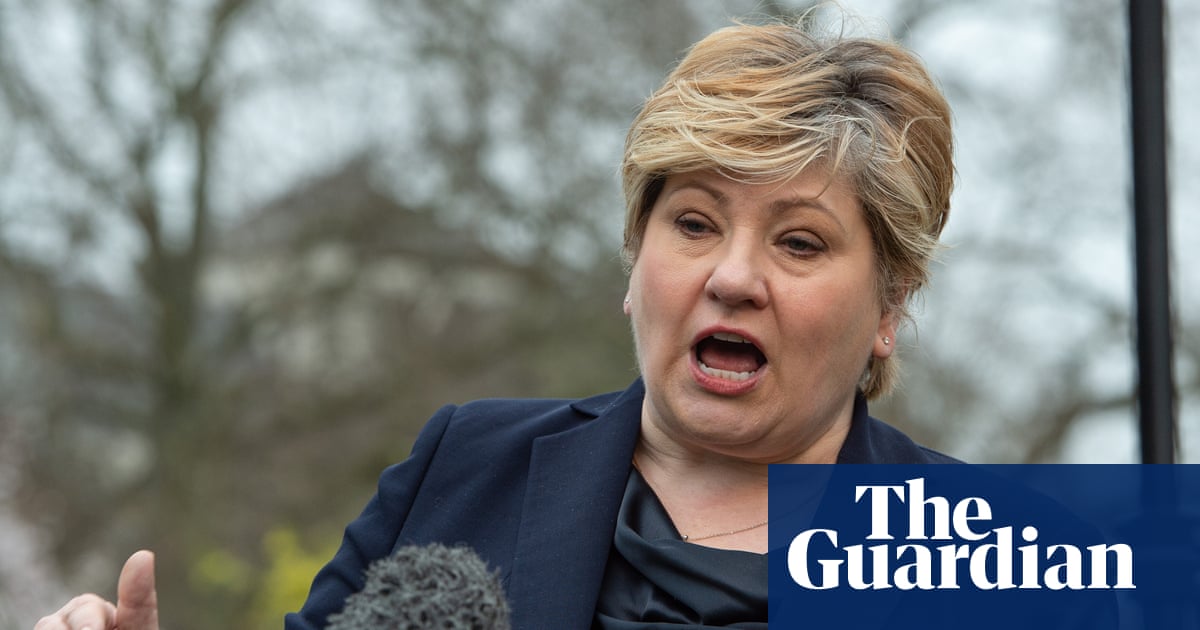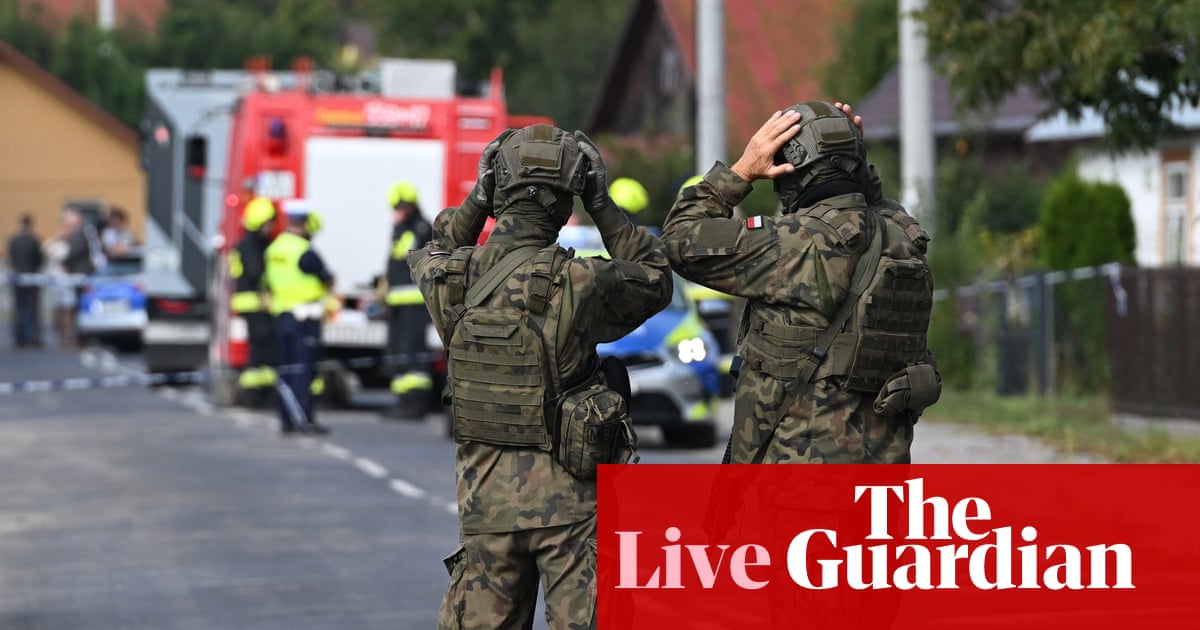Iran has said it will hold the US responsible for any Israeli attack on its nuclear sites in remarks that set a fraught backdrop for the fifth and probably most important round of talks between Iran and the US on the future of Iran’s nuclear program.
Iran’s foreign minister, Abbas Araghchi, issued the warning on Thursday after reports appeared in the American media claiming US intelligence understood Israel was planning an attack on Iranian nuclear sites – with or without American support – if the talks broke down.
The report may be accurate or an attempt by the US to strengthen its negotiating hand before the indirect talks in Rome, which are being mediated by Oman. Israel has repeatedly said it will attack Iran’s nuclear sites, while Donald Trump has said the US will do so if the talks break down.
In a letter to the UN, Araghchi said: “Iran strongly warns against any adventurism by the Zionist regime of Israel and will decisively respond to any threat or unlawful act by this regime.”
He said Iran would view Washington as a “participant” in any such attack, and Tehran would have to adopt “special measures” to protect its nuclear sites and material from any attacks or sabotage. Araghchi said the UN nuclear inspectorate, the IAEA, would only be subsequently informed of such steps.
An adviser to Iran’s supreme leader said in April that Tehran could suspend cooperation with the UN nuclear inspectors or transfer enriched material to safe and undisclosed locations.
In a separate statement released on Thursday, Iran’s Revolutionary Guards said Israel would receive a “devastating and decisive response” if it attacked Iran.
Alimohammad Naini , the guards’ spokesperson, said: “They are trying to frighten us with war but are miscalculating as they are unaware of the powerful popular and military support the Islamic Republic can muster in war conditions.”
Iran’s supreme leader, Ayatollah Ali Khamenei, said on Tuesday that US demands for Tehran to stop refining uranium were “excessive and outrageous”, his most unequivocal statement that Iran will not abandon the capacity to enrich. But he said he did not expect the talks with the US to succeed.
The US special envoy, Steve Witkoff, has insisted that Washington’s red line is that Iran must end all uranium enrichment. In the 2015 deal with six world powers, from which Trump withdrew in 2018, Iran had been allowed to enrich to 3.67% purity, sufficient for producing fuel for commercial nuclear power plants.
Iran has since enriched to 60%, bringing it close to the purity required to make a nuclear bomb. Araghchi initially said the US public demand for zero enrichment was not being repeated in private discussions, but the issue appears to have become the central battleground of the talks. The US says zero enrichment is the only way to end the risk of Iran acquiring a nuclear bomb and has suggested Tehran follows the model of the United Arab Emirates that imports uranium for its single civil nuclear program.
But Iran says it has a right to enrich under the nuclear non-proliferation treaty and argues there is no reason for it to be treated differently to other states.
Explaining Iran’s determination to enrich domestically, as opposed to import, Ellie Geranmayeh of the European Council on Foreign Relations said: “Iran really does feel that it has paid a huge cost for its right to enrich on its own soil. It has not only paid billions in actually setting up the infrastructure, but it has paid billions in sanctions that were imposed on it and the loss of oil sales.
“Iranian officials believe they have paid with blood, in reference to scientists that have been assassinated throughout the course of the last few decades working on this programme. This programme and the right for enrichment for civil nuclear purposes, has now become an issue of national pride.”

 3 months ago
76
3 months ago
76

